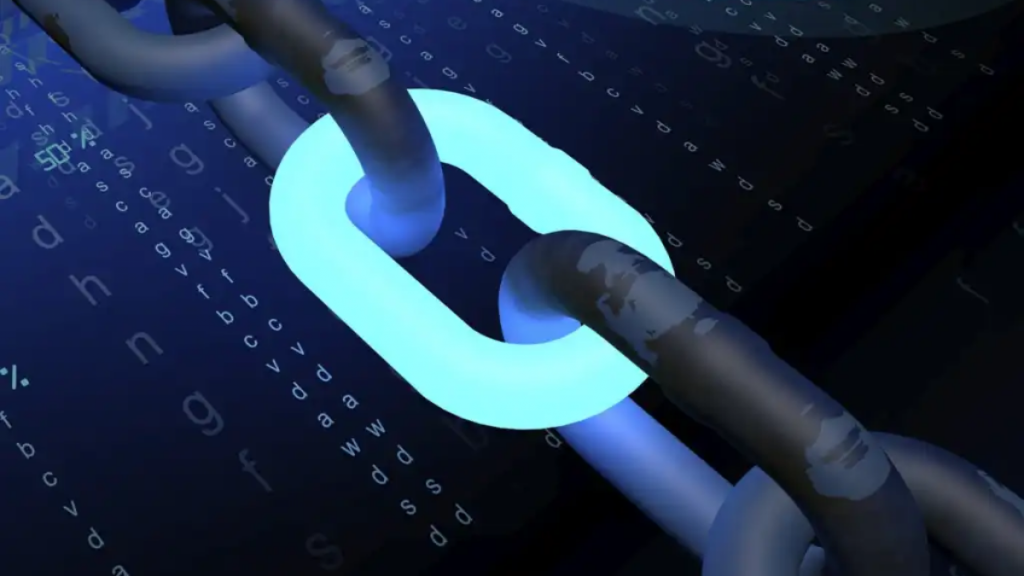New technologies continue to emerge and evolve with the power to disrupt traditional established
systems. These technological advancements can significantly change things, leading to increased
efficiency, lower costs, and new opportunities. At the forefront of technological innovations
challenging traditional solutions today is blockchain. In this article, we examine some innovative
solutions blockchain offers to the Middle East:
1. Financial Inclusion:
Blockchain technology can help increase financial inclusion in the Middle
East. This is by providing access to financial services to underbanked or unbanked populations
and creating new avenues for sending, receiving, and even saving money while reducing
transaction costs. About 85 million individuals in the Middle East are unbanked. This means these
people do not have access to traditional banking services. Blockchain-based transactions will
significantly reduce transaction costs and make access to financial services more affordable for
individuals and small businesses.
2. Identity Management:
Blockchain-based identity systems can provide secure and
decentralized ways to store and verify identity information. This can help reduce identity fraud
and improve access to government services in the Middle East. A blockchain-based system allows
for the creation of decentralized digital identities, where an individual's identity is verified and
stored across a network of nodes rather than in a centralized database. Once an identity is verified
and recorded on the blockchain, this becomes almost impossible to alter or delete. This will help
prevent identity fraud and ensure we can trust an individual's identity.
3. Supply Chain Management:
Blockchain can improve supply chain transparency and
traceability in the Middle East by providing an immutable record of transactions. It can also
enable real-time tracking of goods. Also, blockchain can help reduce counterfeiting and fraud and
improve efficiency in the supply chain. Blockchain's being tamper-proof and secure allows for
easy traceability of products and materials from their origin to the point of consumption. Hence,
reducing the risk of counterfeit goods and improving the supply chain's overall efficiency.
4. Energy Management:
The Middle East is a significant oil and natural gas producer. However,
as global demand for fossil fuels shifts towards renewable energy sources and concerns about
climate change grow, many Middle Eastern countries are starting to invest in renewable energy
technologies. Integrating blockchain technology with energy management systems can help speed
the transition to a low-carbon economy. Notably, this is much healthier for the ecosystem and
curbs the over-reliance on fossil fuels. Businesses can use blockchain-based energy management
systems to efficiently track and trade renewable energy in the Middle East by providing an
indelible record of energy transactions.
5. Land Registries:
Many Blockchain technology systems are designed to help land registries.
Using Blockchain technology to record land transactions can create a permanent tamper-proof
record of all property transactions. This will help reduce land disputes and improve property
rights in the Middle East
Conclusion
Some countries in the middle east have already started actively exploring the use of blockchain
technology in various sectors. These sectors include finance, supply chain management, and
government services. In the UAE, the Department of Urban Planning and Municipalities in Abu
Dhabi launched a blockchain app for its land registry to foster increased transparency, efficiency,
and security. The Middle East was also the fastest-growing cryptocurrency market in 2022.
However, many other countries in the region are still slow to adopt blockchain technology despite
its vast potential benefits.




























